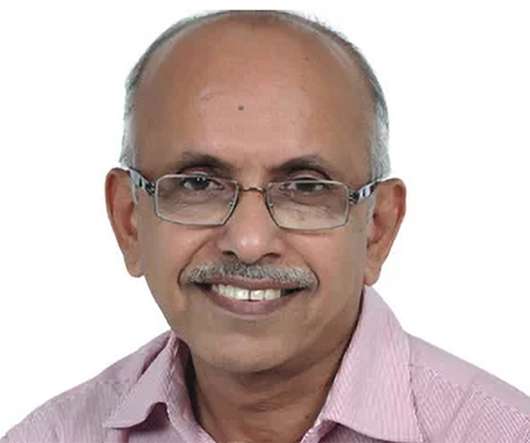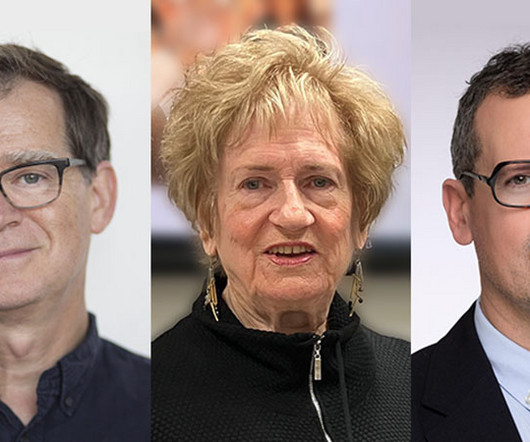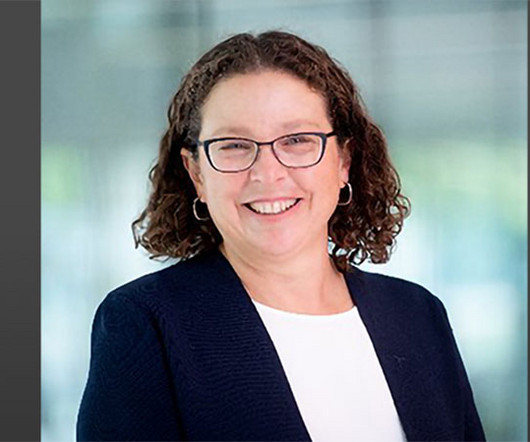What to know about High Blood Pressure (Hypertension)
Georgetown Pediatrics & Family Medicine
JANUARY 24, 2022
Depending on your personal medical history and open discussion with your physician, this will guide your treatment plan. The Joint National Committee 2003 defines hypertension as systolic of 140 mmHg and higher or diastolic 90 mmHg and higher. At that time, you may need to start to incorporate blood pressure medications.












Let's personalize your content